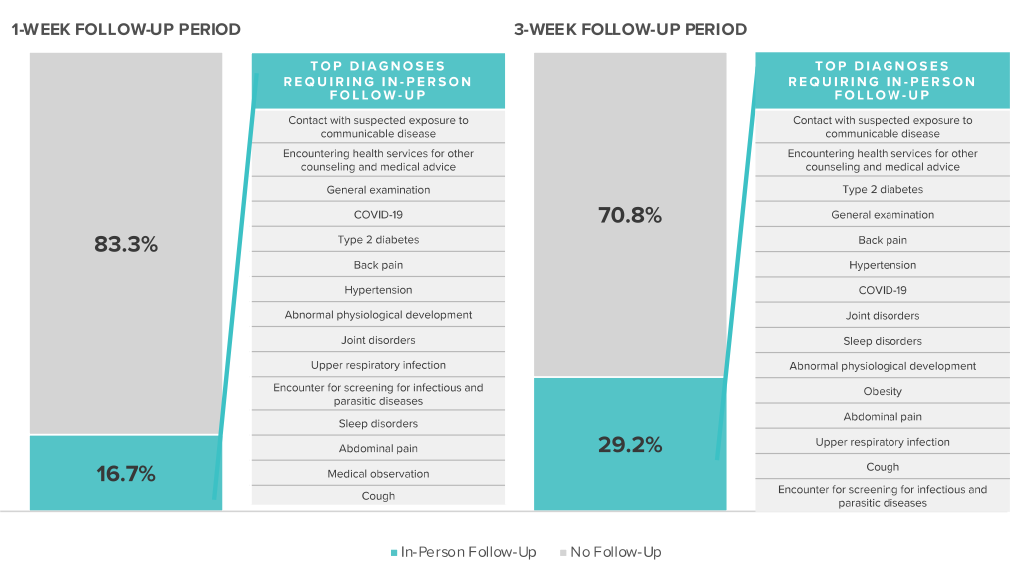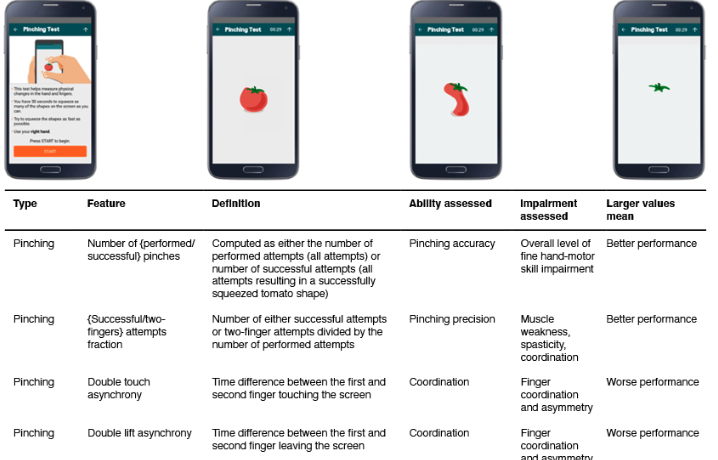Medical devices
FDA approves device to save limbs of vascular disease patients
An innocuous slip while cutting her toenails created a wound on Cynthia Elford's right foot that wouldn't heal.
The Pennsylvania-resident has vasculitis, a genetic disease that inflames the blood vessels and stops blood from flowing to the legs. She had already lost her left leg below the knee after a sunburn on the tip of her toe got progressively worse. She was determined to keep her right one.
"I didn't want my leg off because I don't know that I would have been able, emotionally, to get through it," Elford said.
Elford's doctor ultimately saved her leg with a treatment from a company called LimFlow. The device employs an old surgical technique: using a stent to connect an artery to a vein, allowing blood to flow through and healing injuries. But it's less invasive, performed via a catheter inserted in the bottom of the foot.
The Food and Drug Administration approved the LimFlow system last month for patients with severe peripheral artery disease and no other treatment options. It's a tool in the fight to end the amputation epidemic, which disproportionately impacts Black patients — though experts cautioned to STAT that this is limited to a small subset of people with PAD, and that expanding screenings to catch the disease early is the most important measure. It's also unclear whether the most vulnerable patients will be able to access this procedure, and whether it will be able to help patients retain legs in the long-term.
Read more here
Telehealth
Is telehealth creating service duplication?

A new 2023 trends report from health care analytics firm Trilliant Health has a number of interesting nuggets, but I was intrigued by this chart suggesting that for non-behavioral health encounters, 16.7% of telehealth visits resulted in an in-person visit a week later. Stretched to three weeks, that number balloons to nearly 30%. (The analysis is based on a very large set of 2021 and 2022 claims data Trilliant says represents nearly all payers.)
"While virtual care has expanded access to care in some regards, that 'access' has also introduced more waste and friction into the system," Trilliant's chief research officer and SVP of market strategy Sanjula Jain told STAT by email.
Digital biomarkers
Roche app to evaluate MS symptom

In a newly published study, Roche researchers showed how an amusing smartphone game can be used to assess upper-extremity function, or manual dexterity, in people with multiple sclerosis. In the app, users are asked to pinch tomatoes that appear in random locations on their phone display over 30 seconds. Using touchscreen and accelerometer data collected during the test, researchers were able to extract a number of features about pinching speed, accuracy, and more. The measures were found to be reliable, were associated with standard clinical measures, and were able to identify people with functional impairment. The feasibility study enrolled 67 people with MS and 18 healthy controls.
Roche's endgame here, of course, is finding new and potentially better ways to measure the effect of novel therapies on people participating in clinical trials.


No comments